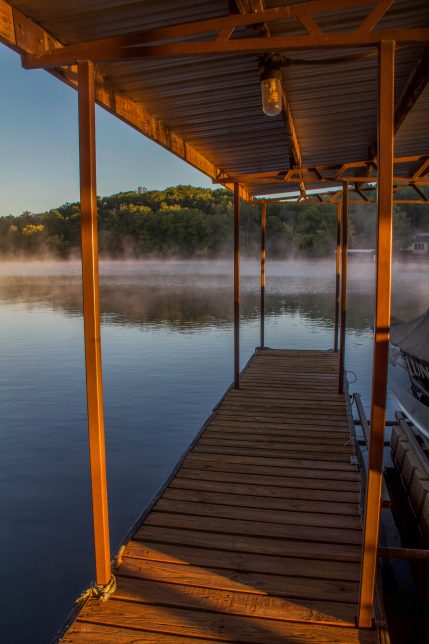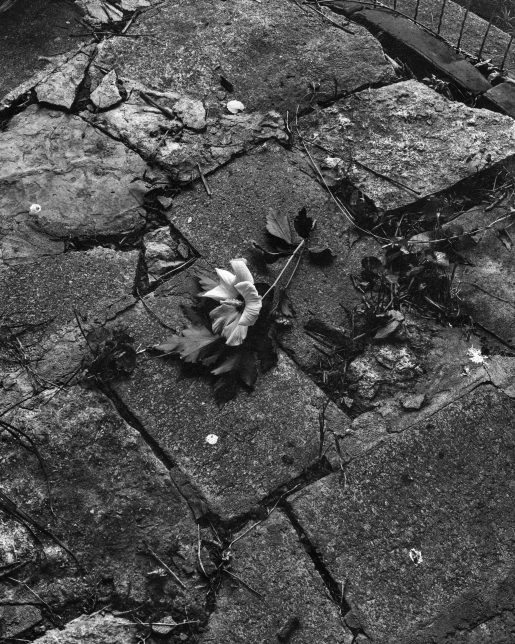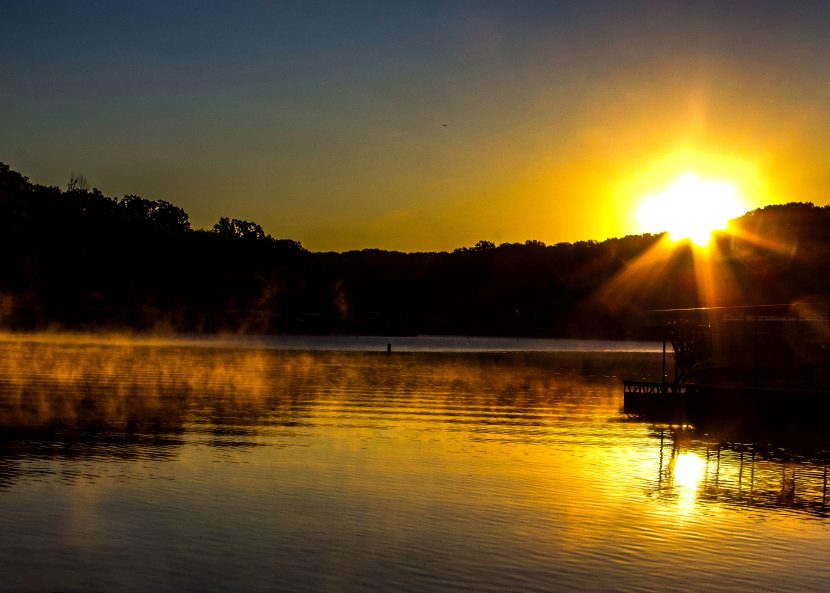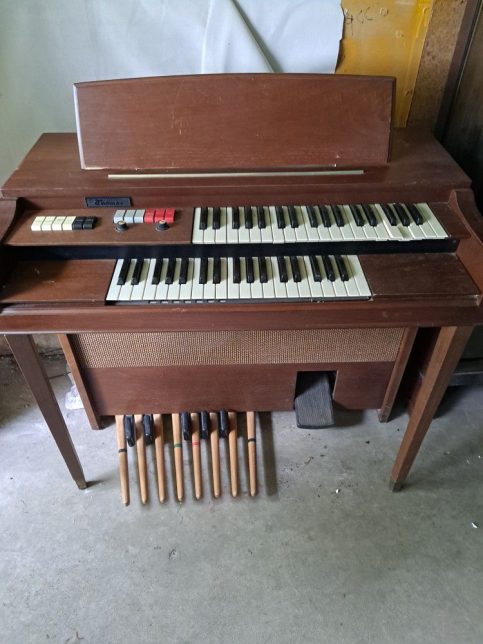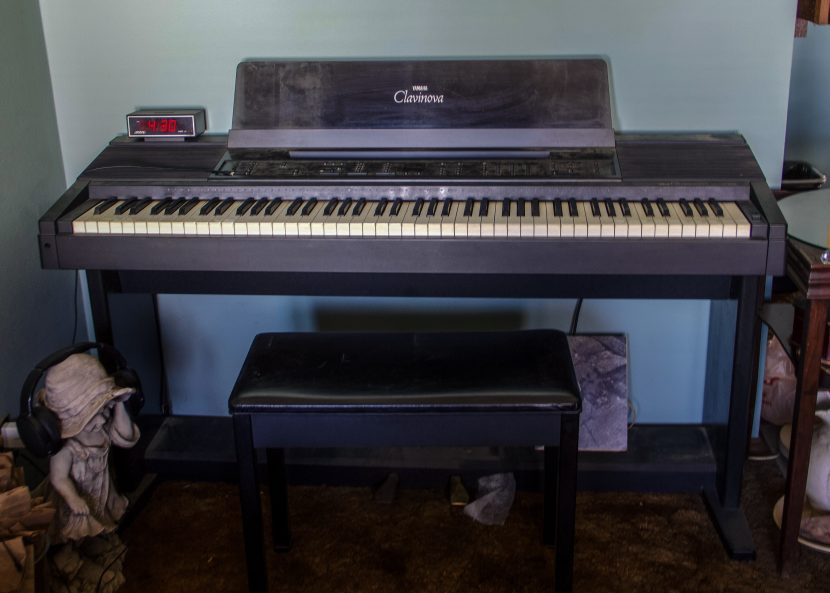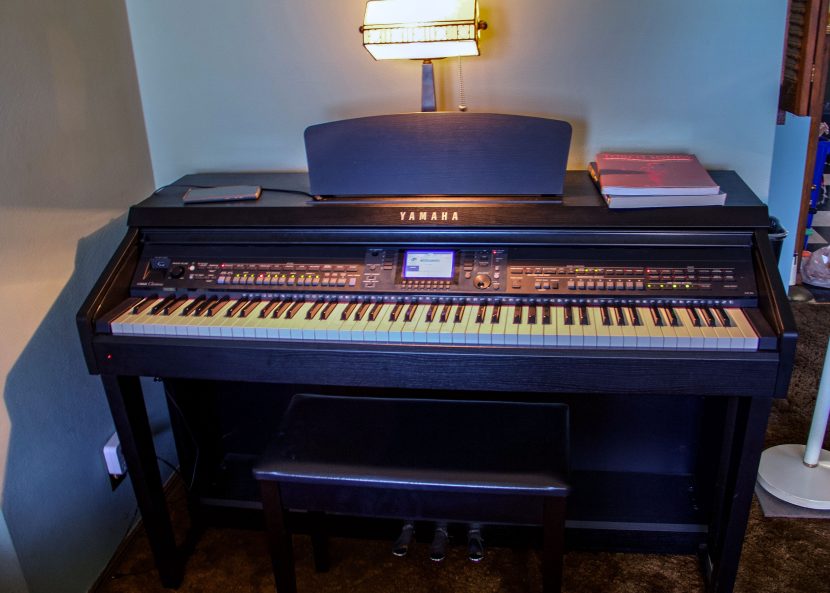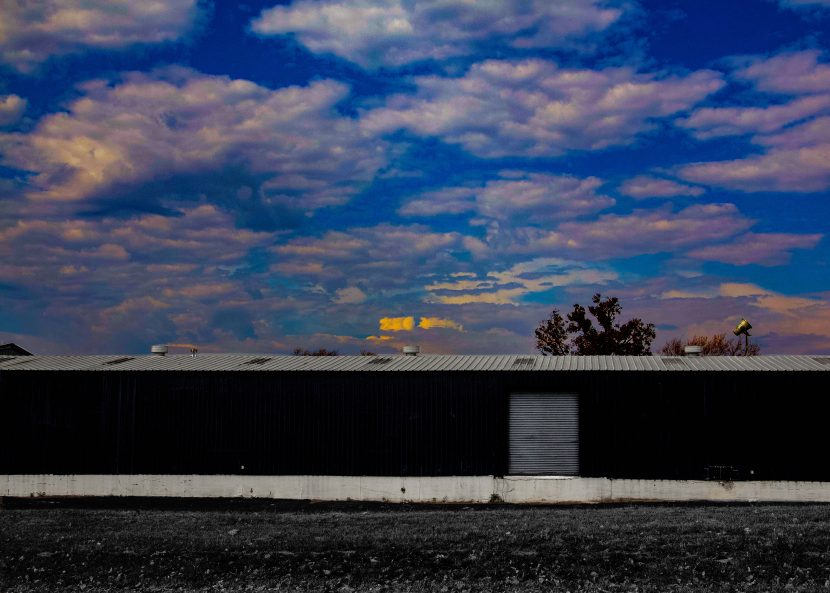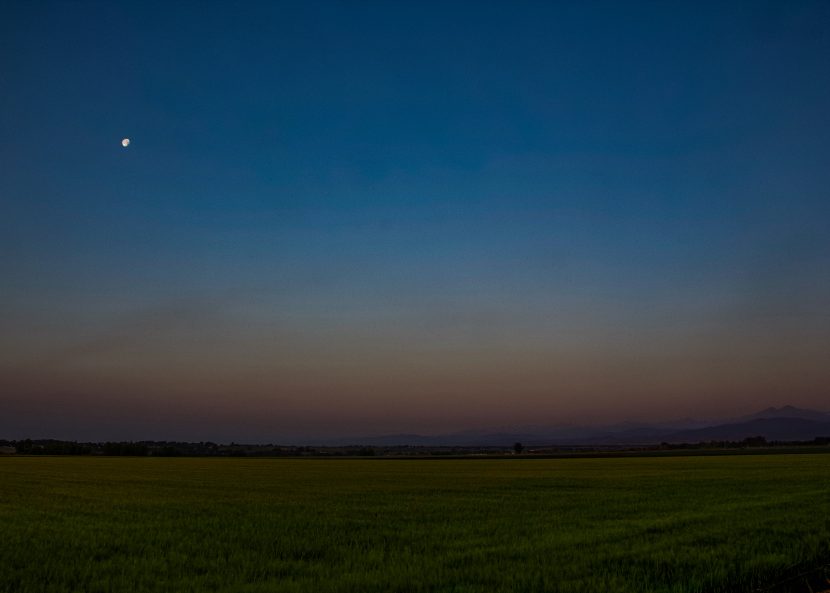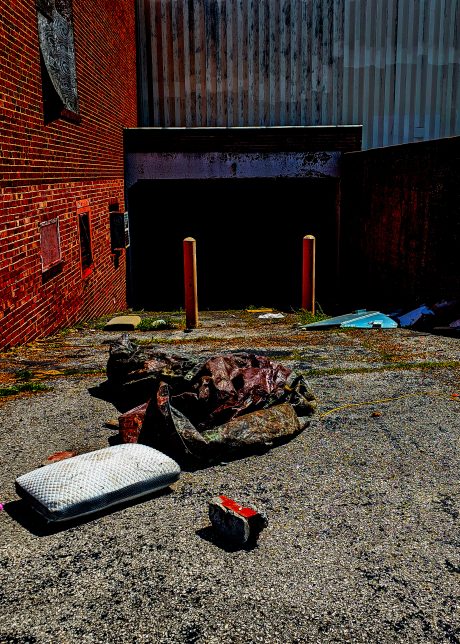I’m a bit tipsy as I write this. A nice bourbon, at an inappropriate time of the day. But my mind is bouncing from topic to topic, so I thought I’d let folks know what’s going on.
Is the next Granger novel going well? Well. Depends. I have a bit over forty thousand words done on the first draft. I ran into a wall, called the Osage, and have been semi-diligently researching this rather impressive tribe of Native Americans in order to say things about them that will not make me look stupid. They had an intricate if inconsistent relationship with first the French and then the Spanish, at at least two geographical points—the Arkansas River and St. Louis—that made things complicated for the Europeans at the time. While researching, I’m writing nothing. I stopped at the pivotal scene where some negotiation is required, and later in the story they will again be pivotal. So.
We’re planning a road trip down to Kaskaskia, just to get a feel for the place. Virtually nothing remains today of what was there at the time (1785) but it would still be useful to walk the ground. And then there is Fort de Chartres, which is pretty much on the same spot, but completely rebuilt.
Consequently, I have been brought face to face with one of my internal contradictions, which is bound up in the rush of writing new material but having to stop till I know more. I do not do the degree of research some writers do. I do enough to write semi-confidently. Others will learn a period or place down to its DNA. I do not, though I generally end up knowing more than I realize. Then someone asks a question and voila! there’s this font of data I didn’t even know I had. But really, I meander through the material, picking up bits here and there, searching for the threads that bind the times together. In time, I meander over quite a lot, just not in a rigidly organized way.
Since turning 69, I’ve been doing these periodic reassessments. Another meander. How much of what do I have the stuff to do? I have no concrete answer. I get tired more easily, but that may just be that I haven’t yet slowed down or taken on less.
I’m in a bit of a slump. I’ve been trying to push the book more, and I’ve tried a couple of new things, but I have no way of gaging what is or is not working. It would be nice to see a few more reviews in the various places where such things appear (and appear to matter). There is about a year and a half till my better half retires and we have some negotiations to do for the after time. It’s easy to fall into habits that may not work well when the situation changes. I’ve been fortunate in that I have a wonderful partner who has allowed me to pursue dreams that have not exactly produced the desired results. We’re still indulging our read-alouds and right now we’re reading Nicola Griffith’s Hild, which is superb, to be followed by her new one, Menewood.
Speaking of whom, last month we attended the World Fantasy Convention in Kansas City. Mainly because friends said they’d be there and it would be great to see us. It was good to be there, with them, but it led me to the conclusion that except for connecting with good friends, there really seems to be no reason to continue attending conventions. I’m not a Name. Again, I don’t know how to gage this, but in a 35 year career I’ve been a GoH only once. Hmm.
But these people, these connections, these friends…how did this happen? I have been so lucky to have met and connected with such marvelous people from so many places! That is its own kind of success and I feel I’ve been gifted with a dream-come-true aspect to life I never thought to have,
Now, then, where was I? Oh. All future things depend on all present things. For those of you interested in the Granger story, I have ideas for several novels. (More meandering, from one book to next, with other things in between.) It could well be a long series. I’m finding considerable pleasure just now revisiting the territory, so to speak. As to whether those future stories appear, that is, of course, dependent on market forces over which I have little say. Christmas is coming up, If you know readers, then Granger’s Crossing would be a great gift. I have no budget, word of mouth is the best I can manage, so brag about me. Get those numbers up., Make my publisher happy and then the next one may appear. (I think you’ll like the next one, I really do; at least I’m having a good time writing it.)
As for the science fiction, well, soon I’ll have an announcement concerning my Secantis Sequence. I’m pretty excited about it. Stay tuned. There are more short stories in the works.
It would be helpful to have an agent, but after my last one dropped out of the field, I’ve been just a bit despairing of that. Too many places are unwilling to look at unagented work, and I can understand that, I can, but it makes it more difficult to shop work around. (Several years ago, in my new position as consignment book buyer, I had a conversation with a young writer whose novel I had rejected. He was trying to convince me to change my mind and then said the wrong, or possibly the right, thing: “You have no idea how hard it is breaking in.” In one of my rare moments of “I don’t give a shit candor” in that job, I explained who I was, what I had done, how many years I had been doing it, and what my track record was to date, ending with “So, yes, I do know how hard it is and I’m telling you, your book is not ready for prime time. Go somewhere and learn how to write.” Which to my pleasant surprise did not get an angry hang-up, but a long pause and a heartfelt, “What would you suggest?” We then had a long conversation about workshops and how long and why and so forth and I hung up feeling that he just might pursue my advice to good result. No, I do not remember his name, nor would I tell you if I did. Point being, this is not an endeavor for those unwilling to stay the course and put up with a lot of obstruction.)
Changing the subject, I am still working out, trying to stave off the erosion of age as best I can, and fortunately the only negative effect has been a need for more sleep. But I am trying to assemble a regular discussion group again. We had belonged to one that last many years, sometimes based on a pure philosophical discussion, then at others times around a book (Dante, Joyce, Melville), but always in as deep a dive as possible, with sharp people among whom I always felt like the dullard. Some died, some moved away. I’d like to start that again, but there’s an organic aspect to that which cannot be planned for. I do feel a bit slower, mentally. Until I get involved in a deep conversation and then al the cylinders seem still to fire as they should.
2024 is coming up. I’m more than a little concerned for next November. I’m actually a bit anxious about my fellow citizens. It is difficult to feel confident in a community that once sent a berserker into office and may have the potential to do so again. I fear for my friends, some of whom would be sorely put upon under more of that kind of dysfunction. For the first time in my life, I really do not know what will happen.
But I’ll comment on that in more detail later.
In my own little pocket of life, things are not bad. I have great friends, a wonderful partner, health, a bit of optimism, and the ability to appreciate it all. So, onward.
This update has been brought to you by my optimism. I’m going to meander off now.

